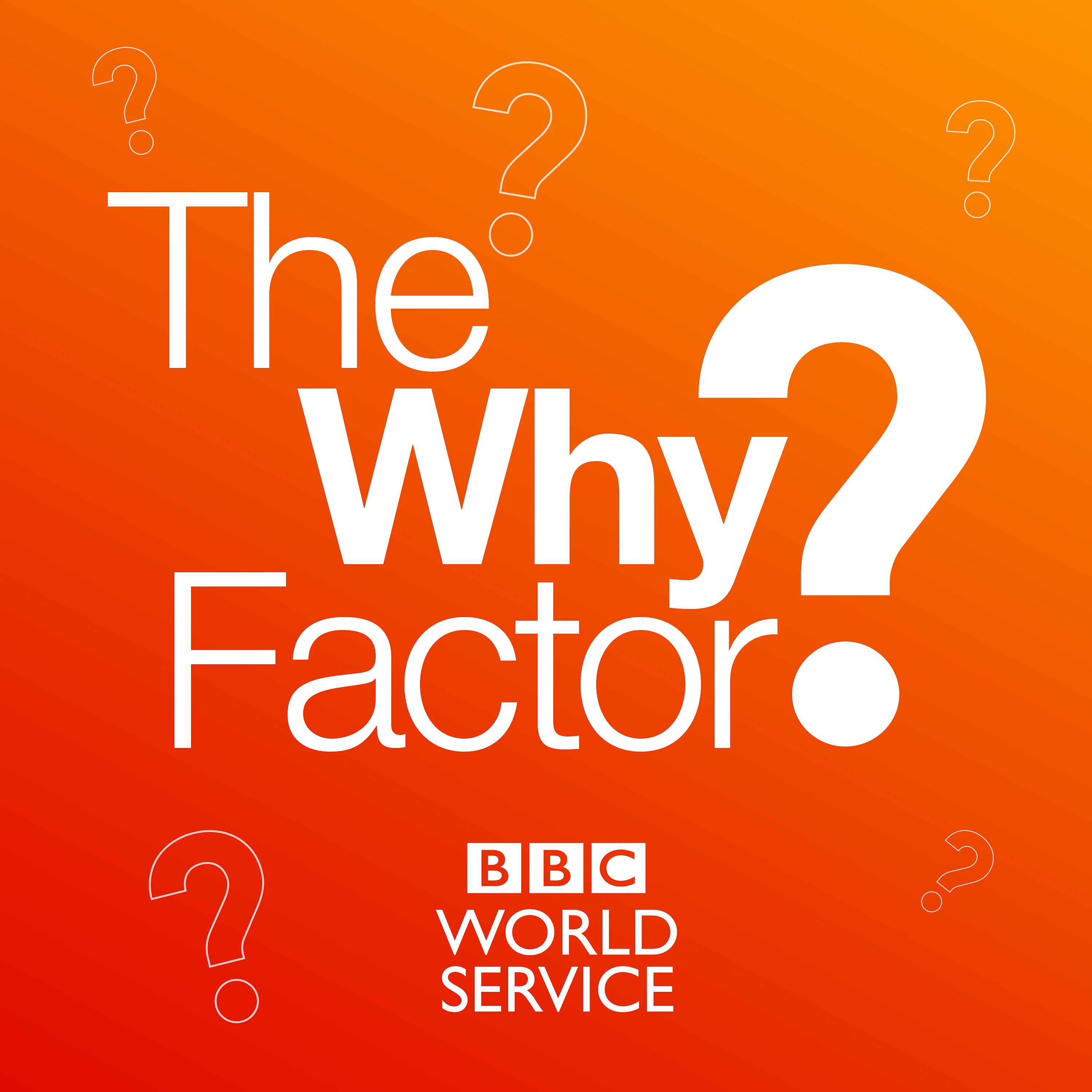
Exams
The Why Factor
All over the world this summer young people are sitting exams which will have a big impact on their future. In some places, a single exam might determine whether and where candidates go on to university, their future earning potential, and even their marriage prospects. Given the stakes, it is easy to see why so many cultures place great importance on exam success. However, is this one-size-fits-all approach to assessment really a good judge of ability and understanding? Or do exam results only tell us about a candidate’s ability to memorise material and perform under stressful exam conditions? Caroline Bayley meets the educators and experts defending traditional exams and those coming up with alternative models of assessment. Tony Wagner from the Harvard Innovation Lab in the US thinks traditional exams will become obsolete in the future as work places change their hiring criteria. Mike Thomas, Vice Chancellor of the University of Central Lancashire in the UK explains why exams can have a negative impact on mental health. Dr Chun-yen Chang from National Taiwan Normal University has conducted research into whether there might be a gene that determines how well we think under exam conditions. Producers Lizzy McNeill and Viv Jones
(Image: Students take exams for University, Credit: bibiphoto/Shutterstock)
Next Episodes

Self-Harm @ The Why Factor
📆 2017-06-05 15:00 / ⌛ 00:23:34

Why Do We Talk To Ourselves? @ The Why Factor
📆 2017-05-29 07:37 / ⌛ 00:23:29

Thankless Tasks @ The Why Factor
📆 2017-05-22 14:45 / ⌛ 00:24:20

Are you a numbers person? @ The Why Factor
📆 2017-05-15 14:45 / ⌛ 00:23:37

Goths @ The Why Factor
📆 2017-05-08 14:45 / ⌛ 00:23:18